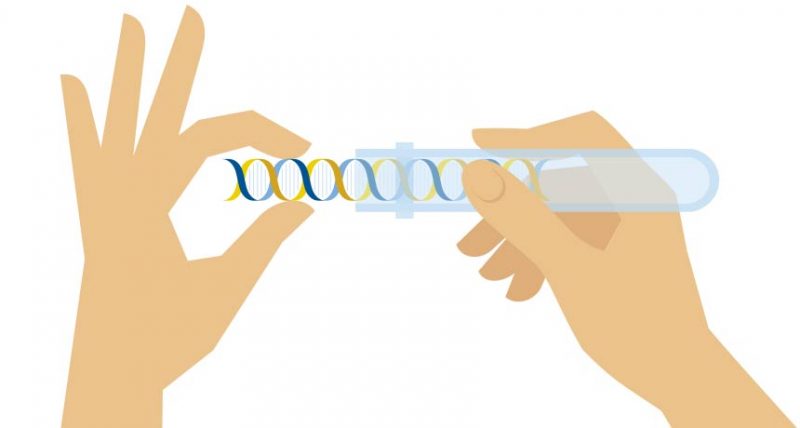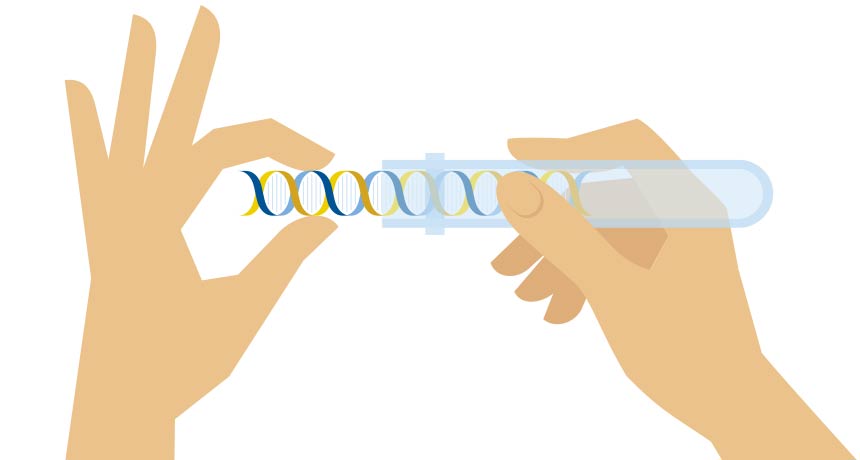
By: Jacqueline Bain
On June 3, 2019, the Department of Health and Human Services Office of the Inspector General (the “OIG”) issued a Fraud Alert titled: Genetic Testing Scam. Though the alert is short, the fact that the alert itself was issued is important. The OIG doesn’t often issue fraud alerts, so taking an affirmative step like this shows an increased likelihood of regulatory action.
Physicians, take note. If you are working with a laboratory providing genetic testing services, be sure that laboratory is (1) running those specimens on its own equipment; (2) only sending out testing equipment after receiving your order; and (3) has in place policies and procedures designed to accurately bill for the services it performs and other compliance matters.
Continue reading



